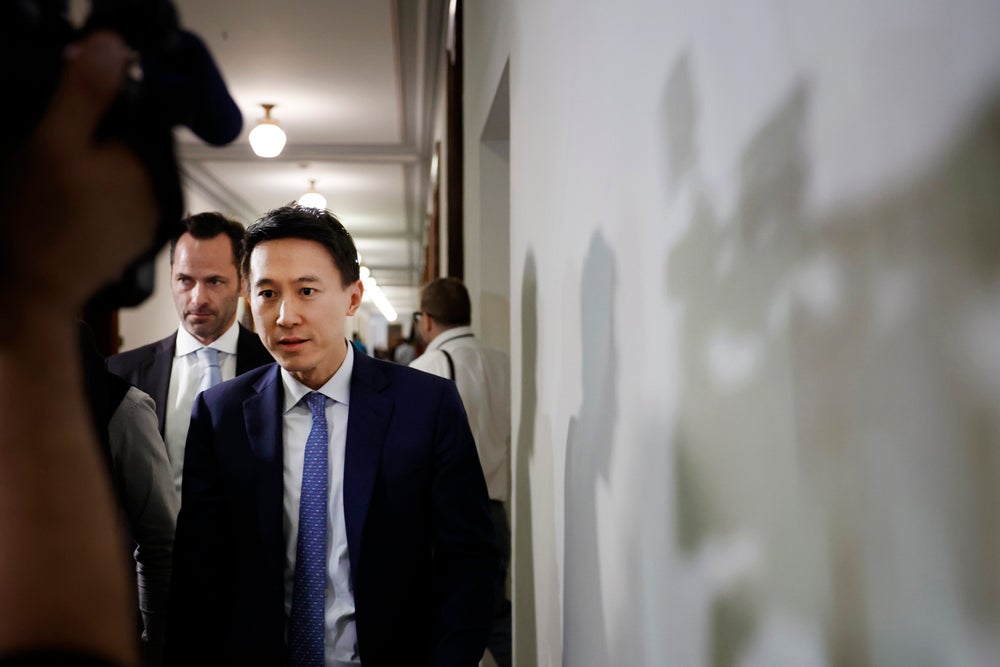
Just after a bill that could potentially ban TikTok in the U.S. became law, the platform’s Beijing-based parent company, ByteDance, publicly stated that it has no plans to sell.
The law, which President Biden signed on Wednesday, gives ByteDance nine months to sell TikTok to an American buyer, with a possible three-month extension in the case of a pending sale. If ByteDance does not comply, TikTok could be removed from app stores by January 19, 2025.
ByteDance made it clear on Thursday that if legal routes to fight the new legislation fail, it would rather shut down TikTok completely in the U.S. and remove the social media platform from app stores than sell it.
“Foreign media reports that ByteDance is exploring the sale of TikTok are untrue,” ByteDance posted in a statement to Toutiao, a news aggregation app it owns. The post refutes a report by The Information that said the company was exploring options to sell, and ByteDance even attached screenshots of The Information’s article in its rebuttal.
 Shou Zi Chew, CEO of TikTok. Credit: Anna Moneymaker/Getty Images
Shou Zi Chew, CEO of TikTok. Credit: Anna Moneymaker/Getty Images
“ByteDance doesn’t have any plan to sell TikTok,” the statement further read.
Four sources who spoke with Reuters on Friday said that TikTok’s algorithms are foundational to ByteDance’s business and that ByteDance would not sell its “secret source” of algorithms to competitors.
Disentangling the algorithms from TikTok’s U.S. assets before a possible sale would be extremely difficult and unlikely to happen, according to the sources.
ByteDance does not publicly reveal details of its overall financial performance, nor disclose how units within it like TikTok are doing financially, but sources close to the company told Reuters that ByteDance’s annual revenue rose from $80 billion in 2022 to $120 billion last year.
Though the U.S. contributed to a quarter of TikTok’s overall revenue in 2023, TikTokers in the States only made up 5% of ByteDance’s daily active users worldwide, per the same sources.
Those insiders claim that shutting down TikTok in the U.S. wouldn’t noticeably impact ByteDance’s business.
Related: Kevin O’Leary Wants to Buy TikTok — But Says It’s Worth Much Less Than Last Year’s Valuation
The TikTok ban bill passed due to national security concerns, which TikTok has long denied.
TikTok’s execs are turning first to the U.S. legal system to circumvent a possible ban, calling the law “unconstitutional.”
Response to TikTok Ban Bill
“The facts and the Constitution are on our side and we expect to prevail again,” TikTok CEO Shou Chew stated Thursday in a TikTok.
“Our community is also filled with seven million business owners who have built their livelihoods on TikTok,” he added.






